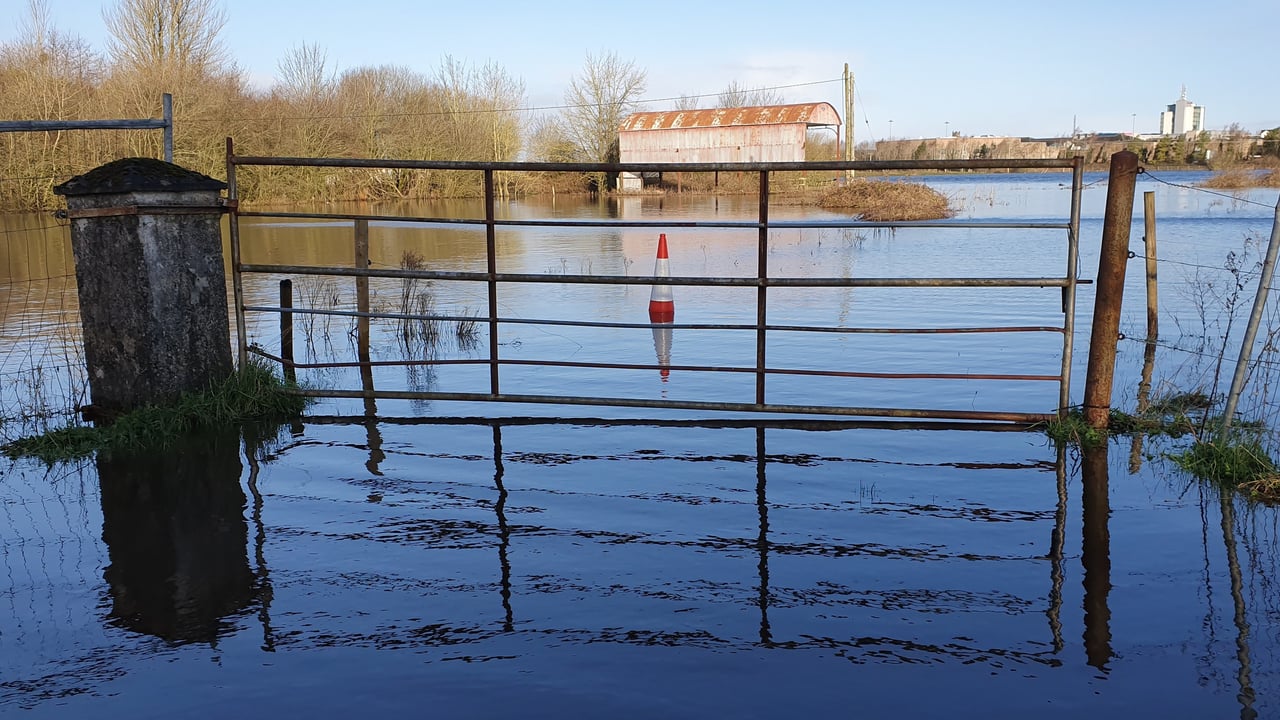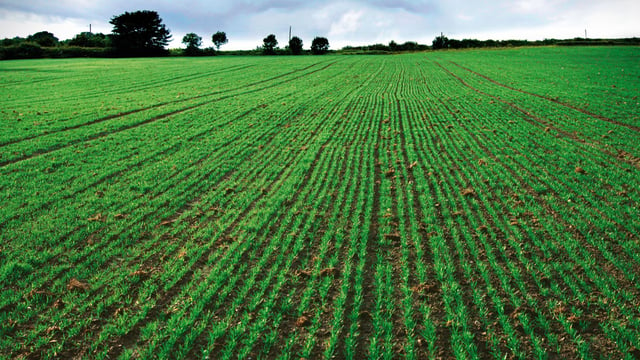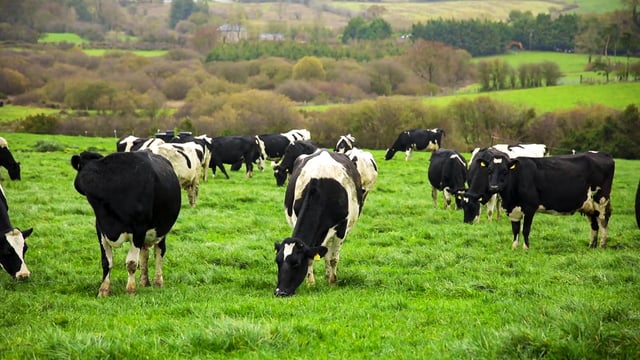'Pressures on soil, land and water ecosystems are at a critical point' - FAO
A report that highlights the worsening state of the earth’s soil, land and water resources has been published by the Food and Agriculture Organization of the United Nations (FAO).
The report, launched today (Thursday, December 9) also shed light on the challenges this poses in feeding a global population, which is expected to reach 10 billion by 2050.
Some of the key challenges highlighted include:
Writing in the report foreword, the FAO director general QU Dongyu, said:
Speaking at the launch, he said that current agri-food production patterns are not proving sustainable but, on a more positive note, he added that such agri-food systems "can play a major role in alleviating these pressures and contributing positively to climate and development goals".
With limited arable land and freshwater resources, a rapid scaling-up of technology and innovation is vital, according to the report.
This includes the digital architecture needed to provide basic data, information and science-based solutions for agriculture that make full use of digital technologies and are climate-proofing.
Land and water governance must be more inclusive and adaptive, to benefit millions of smallholder farmers, women, youth and indigenous peoples.
They are the most vulnerable to climatic and other socio-economic risks and face the greatest food insecurity. There needs to be more integrated planning at all levels and investments in agriculture must be redirected towards social and environmental gains, according to the report.
Sustainable soils, land and water are the foundations for resilient agrifood systems. So the sustainable use of these resources is key to achieving climate mitigation and adaptation targets.
For example, wise use of soils alone can potentially sequester one-third of greenhouse gas emissions from agricultural land.
The FAO works to promote coherent approaches to sustainable soil, land and water management to feed the growing population.
These include food security; human health and nutrition; water quality and governance and management of food production systems; the provision of essential agricultural ecosystem services and biodiversity conservation; and climate change mitigation and adaptation.
The title of the report is: State of the World’s Land and Water Resources for Food and Agriculture – Systems at breaking point (SOLAW 2021). It can be accessed here.





